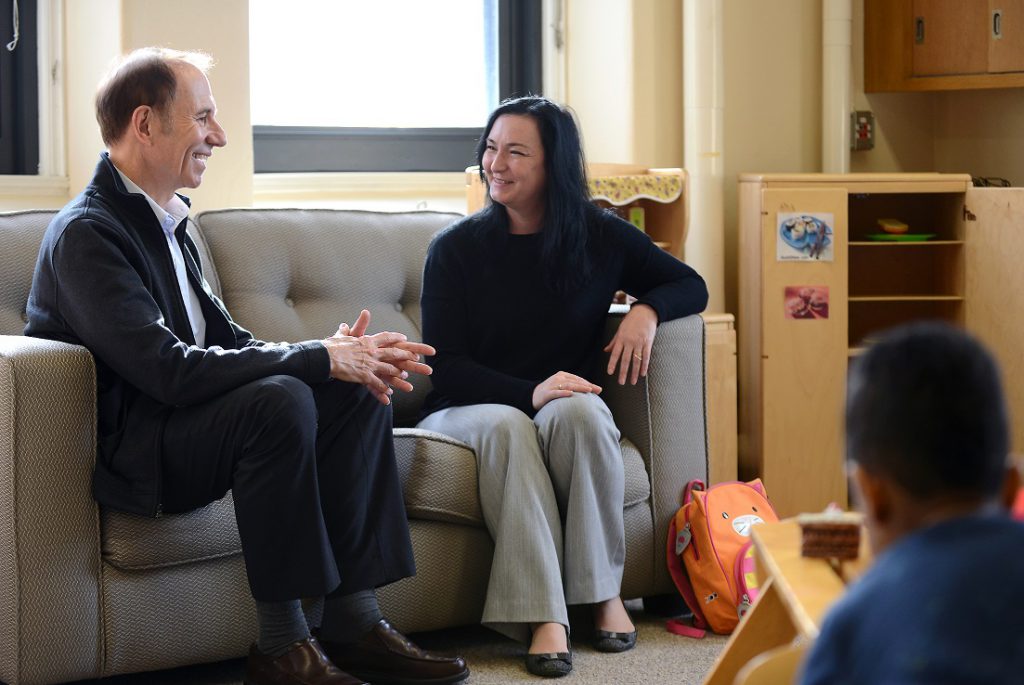Trainers and RBPD specialists can access TARSS support from CEED staff by emailing tarss@umn.edu or calling 612-624-5708. Hours of operation are 8:30 a.m. – 4:30 p.m. Monday through Friday; we will respond to calls and emails within one business day.
CEED is pleased to announce a new partnership with the Child Care Services Division of the Minnesota Department of Human Services. CEED was awarded a contract to provide support for trainers and relationship-based professional development (RBPD) specialists who work with child care providers throughout the state of Minnesota. Through the Trainer And RBPD Specialist Support (TARSS) program, CEED will support the needs of trainers and RBPD specialists throughout the state by continuing to implement what is already working well within the current training and mentoring system, bringing innovative and culturally-responsive ideas to enhance this system, and evaluating the process and impact of these activities to inform future programmatic decisions.
Learn about the 2021 RBPD Fall Retreat and register!

“We’re excited to be able to build upon the existing system and enhance support for child care trainers and RBPD specialists through the TARSS program,” said Ann Bailey, PhD, director of CEED. “We know that early childhood is a critical time in human development. Educators of young children are doing extremely important work and need more support. This support must include access to high-quality, usable content; training; coaching; and mentoring that leads to improved outcomes for young children. We look forward to drawing upon CEED’s 45 years of research and practical experience to maintain a highly-qualified and diverse support system for all trainers and RBPD specialists.”
The TARSS program is grounded in best practice for early childhood trainers and RBPD specialists. Research shows that these two related yet distinct disciplines have a meaningful impact on early childhood educators. Professional development opportunities for trainers and RBPD specialists will span a variety of formats, such as in-person and online events, along with opportunities for ongoing coaching and mentoring. The TARSS team aims to use innovative technologies to build communities which support peer learning. These technologies will also make coaching and mentoring services more accessible and customized for each professional’s schedule.
Related subjects
Tags: professional development, TARSS

